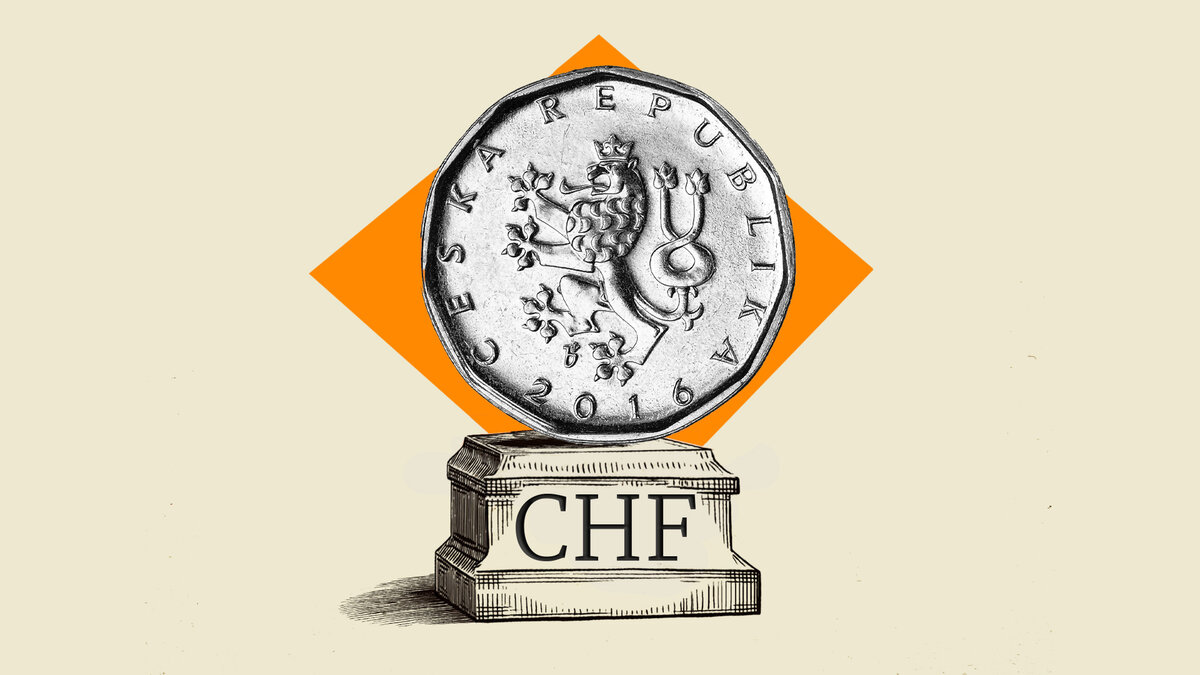Created
: 2025.09.25














![]() 2025.09.25 17:36
2025.09.25 17:36
The EUR/CHF pair recovers losses and trades 0.15% higher to near 0.9350 during the European trading session on Thursday. The pair bounces back as Swiss National Bank (SNB) Chairman Martin Schlegel has kept the door open for further monetary policy expansion as "uncertainty surrounding inflation and economic development remains elevated" in the wake of tariffs imposed by the United States (US) on its trading partners.
SNB's Governing Board member Petra Tschudin has warned of "deteriorating Swiss economic outlook" due to US tariffs and sees the Unemployment Rate rising in the near term.
Earlier, the cross faced selling pressure after the SNB held interest rates at 0%, as expected, which led to a slight selling pressure in the EUR/CHF pair.
Meanwhile, the Euro (EUR) underperforms its peers on Thursday as uncertainty over the Russia-Ukraine war has escalated, following comments from US President Donald Trump, in a post on Truth.Social that Ukraine can win back all of the territory Russia has taken since its invasion. Trump added that it can be done with time, patience, and the financial support of Europe and, in particular, NATO.
Going forward, the major trigger for the Euro will be the preliminary Harmonized Index of Consumer Prices (HICP) data for September, which will be released on Tuesday. German inflation data will significantly influence market expectations for the European Central Bank's (ECB) monetary policy outlook.
The Swiss National Bank (SNB) is the country's central bank. As an independent central bank, its mandate is to ensure price stability in the medium and long term. To ensure price stability, the SNB aims to maintain appropriate monetary conditions, which are determined by the interest rate level and exchange rates. For the SNB, price stability means a rise in the Swiss Consumer Price Index (CPI) of less than 2% per year.
The Swiss National Bank (SNB) Governing Board decides the appropriate level of its policy rate according to its price stability objective. When inflation is above target or forecasted to be above target in the foreseeable future, the bank will attempt to tame excessive price growth by raising its policy rate. Higher interest rates are generally positive for the Swiss Franc (CHF) as they lead to higher yields, making the country a more attractive place for investors. On the contrary, lower interest rates tend to weaken CHF.
Yes. The Swiss National Bank (SNB) has regularly intervened in the foreign exchange market in order to avoid the Swiss Franc (CHF) appreciating too much against other currencies. A strong CHF hurts the competitiveness of the country's powerful export sector. Between 2011 and 2015, the SNB implemented a peg to the Euro to limit the CHF advance against it. The bank intervenes in the market using its hefty foreign exchange reserves, usually by buying foreign currencies such as the US Dollar or the Euro. During episodes of high inflation, particularly due to energy, the SNB refrains from intervening markets as a strong CHF makes energy imports cheaper, cushioning the price shock for Swiss households and businesses.
The SNB meets once a quarter - in March, June, September and December - to conduct its monetary policy assessment. Each of these assessments results in a monetary policy decision and the publication of a medium-term inflation forecast.
![]()
Created
: 2025.09.25
![]()
Last updated
: 2025.09.25

FXStreet is a forex information website, delivering market analysis and news articles 24/7.
It features a number of articles contributed by well-known analysts, in addition to the ones by its editorial team.
Founded in 2000 by Francesc Riverola, a Spanish economist, it has grown to become a world-renowned information website.
We hope you find this article useful. Any comments or suggestions will be greatly appreciated.
We are also looking for writers with extensive experience in forex and crypto to join us.
please contact us at [email protected].
Disclaimer:
All information and content provided on this website is provided for informational purposes only and is not intended to solicit any investment. Although all efforts are made in order to ensure that the information is correct, no guarantee is provided for the accuracy of any content on this website. Any decision made shall be the responsibility of the investor and Myforex does not take any responsibility whatsoever regarding the use of any information provided herein.
The content provided on this website belongs to Myforex and, where stated, the relevant licensors. All rights are reserved by Myforex and the relevant licensors, and no content of this website, whether in full or in part, shall be copied or displayed elsewhere without the explicit written permission of the relevant copyright holder. If you wish to use any part of the content provided on this website, please ensure that you contact Myforex.
Myforex uses cookies to improve the convenience and functionality of this website. This website may include cookies not only by us but also by third parties (advertisers, log analysts, etc.) for the purpose of tracking the activities of users. Cookie policy